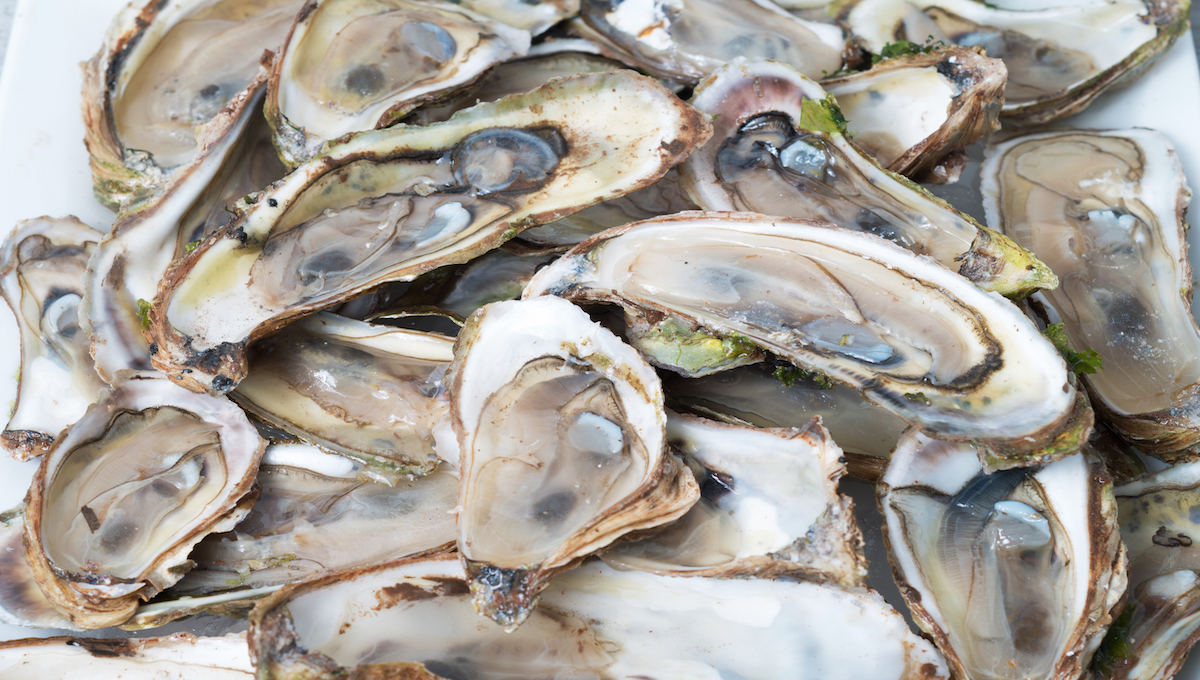Oysters from South Africa have been linked to cases of food poisoning in Hong Kong.
The Centre for Food Safety (CFS) in Hong Kong ordered the suspension of imports of raw oysters produced by Zwembesi Farm Limited in South Africa this past week.
Six food poisoning clusters have been identified after consumption of raw oysters at one restaurant in Mong Kok and another in Tsim Sha Tsui. It is not clear what the infectious agent is or how many people are sick.
The Centre for Health Protection (CHP) previously reported it was investigating two clusters involving 11 illnesses in people that had dinner at a restaurant in Mong Kok.
Six males and two females, aged 24 to 31, developed abdominal pain, diarrhea and vomiting about 35 hours after the meal on Sept. 17. The other cluster involved three women aged 23, who had similar symptoms about 30 hours after having dinner at the same restaurant on Sept. 18. Six people sought medical care but none required hospitalization.
Oyster link
A CFS spokesman said: “The CFS conducted investigations at the restaurants concerned and found that both restaurants had sold raw oysters which were harvested from Zwembesi Farm in South Africa. For the sake of prudence, the CFS has immediately instructed the trade to suspend the import into and sale within Hong Kong of all raw oysters produced by Zwembesi Farm in South Africa.”
Zwembesi Farms, part of the Knysna Oyster Company, told Business Insider South Africa that test results were clear for oysters.
Oysters feed by filtering a large volume of seawater so pathogens can accumulate in them if they are grown in or harvested from contaminated water. Raw or partially cooked oysters are high-risk foods so susceptible groups, such as pregnant women, young children, the elderly and people with weakened immune systems or liver diseases, should avoid eating them. Also, they can make otherwise healthy people sick.
CFS has also told all importers and the restaurants concerned to stop supplying and selling the affected raw oysters, and is tracing distribution of the implicated product.
The agency said it will inform the South African authorities and notify local trading partners. It will continue to investigate the incident and act to safeguard food safety and public health.
In August 2017, import of raw oysters harvested by Zwembesi Farms was suspended after a link to food poisoning cases. That ban was lifted in January 2018.
(To sign up for a free subscription to Food Safety News, click here.)

